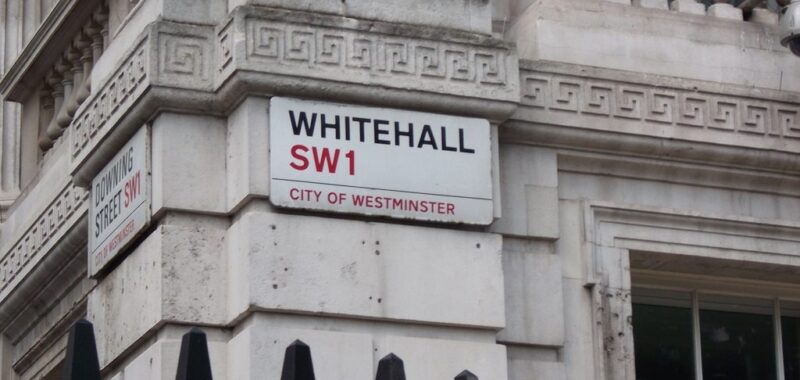Failures at the top of government and among regulators allowed dangerous new forms of cladding onto the market, according to the Grenfell Tower Inquiry’s second phase report.
The report, published today (4 September) said that there were “serious and longstanding” failings at the highest level of government.
Central government
“We have come to the view that over many years, the department failed to recognise the importance of the Building Regulations and the accompanying statutory guidance as a system of regulation designed to ensure public safety, including the safety of those who live and work in high-rise buildings,” the report said.
It also said:
- Senior officials “should have taken a closer interest in the workings of a small but important part of the department responsible for significant matters affecting the safety of people’s lives”.
- The fact that the building regulations division was not expected to monitor how the regulations and guidance were understood and applied created a dangerous situation. “This was especially critical given the low levels of competence in the construction industry, the introduction of new construction materials such as polymeric insulation and ACM panels with combustible cores, and the extent to which many in the industry regarded Approved Document B as prescribing the circumstances under which combustible materials could be used in the construction of external walls without regard to the functional requirements,” the report said.
- Most importantly, there was a failure to create a climate in which concerns reaching the department about matters affecting safety could be raised with senior officials and frank advice given.
The Building Research Establishment (BRE)
The report said: “Much of the work carried out by BRE was marred by unprofessional conduct, inadequate practices, a lack of effective oversight, poor reporting, and a lack of scientific rigor.”
The British Board of Agrément (BBA)
“We accept that in the case of Arconic and Kingspan, the BBA was the victim of dishonest behaviour by unscrupulous manufacturers. However, if BBA had maintained robust processes, such dishonesty could have been prevented.
“The BBA demonstrated an inappropriate desire to please its customers and, in order to do so, accepted forms of wording proposed by them for inclusion in certificates that were wrong and misleading,” the report said.
Local Authority Building Control (LABC)
“In the final analysis, there was a complete failure on the part of LABC, over a number of years, to take basic steps to ensure that the certificates it issued for K15 and RS5000 were technically accurate,” the report said.
United Kingdom Accreditation Service (UKAS)
“UKAS did not always follow its own policies, and its assessment processes lacked rigor and comprehensiveness. The powers it had to address concerns were surprisingly limited, with no enforcement authority. The most it could do to address unsatisfactory conduct was suspend or withdraw accreditation. This was an unsatisfactory state of affairs.”
National House Building Council (NHBC)
“There were repeated occasions on which NHBC failed to demonstrate sufficient independence and showed a willingness to accommodate the wishes of Kingspan for commercial reasons.
“NHBC was also unwilling to upset its own customers and the wider construction industry by revealing the extent of the problems caused by the use of combustible insulation in the external walls of high-rise buildings, as well as the likelihood that these buildings did not comply with the building regulations.”
Read more on the Grenfell Tower Inquiry phase 2 report
Construction industry shake-up recommended by Grenfell Inquiry report
‘Casual and complacent’: Grenfell report’s damning verdict on Rydon
‘Dishonest’: The verdict on Grenfell’s cladding manufacturers
Harley Facades: The role of the cladding subcontractor

